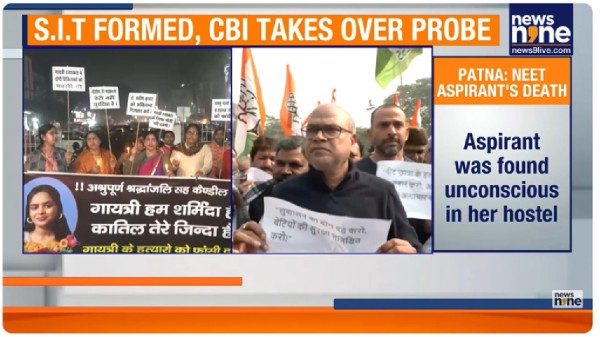

By signing in or creating an account, you agree with Associated Broadcasting Company's Terms & Conditions and Privacy Policy.


By signing in or creating an account, you agree with Associated Broadcasting Company's Terms & Conditions and Privacy Policy.
Karnataka's small business community is poised for a significant protest on July 25th, threatening a partial shutdown across the state. The action stems from widespread anger over the imposition of Goods and Services Tax (GST) on Unified Payments Interface (UPI) transactions.
The Karnataka Commercial Taxes Departments recent issuance of GST notices to over 14,000 unregistered traders has ignited the controversy. These notices target traders whose UPI payments between 2021 and 2022 exceeded ₹20-40 lakhs, a threshold triggering GST liability.
The traders argue that this policy unfairly penalises their adoption of digital payment methods, a move previously encouraged by the government to modernise the economy. Many claim they were unaware that UPI transactions would be treated as taxable turnover, particularly concerning past payments.
This lack of clarity, coupled with concerns about potential tax raids, penalties, and even eviction from civic authorities, has fueled widespread fear and resentment amongst small businesses.
The protest, expected to involve bakeries, condiment stalls, petty shops, and numerous other small retail outlets, is not merely about the GST on UPI payments. It also highlights broader issues such as a lack of adequate digital infrastructure in rural areas, making compliance with digital tax regulations extremely challenging. Furthermore, the traders allege harassment by tax officials, adding another layer of complexity to their grievances.
The threatened shutdown on July 25th represents a significant escalation in the conflict. It serves as a strong message to the government, demanding exemption from GST on UPI payments for small traders.
The situation underscores the delicate balance between encouraging digital adoption and ensuring fair and equitable taxation for small businesses, a crucial segment of Karnataka's economy.

















